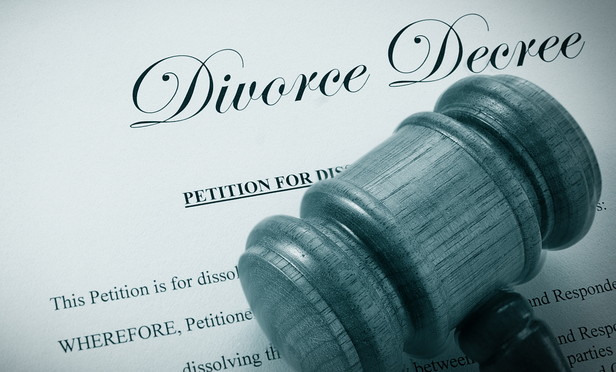This article seeks to open a dialogue in the context of divorce settlement, on the sharing (via offsetting equitable distribution or via other methods) of Social Security benefits; a critical financial means of existence for many litigants. This is a discussion that has been largely avoided by counsel and courts alike. With the passing of the revised alimony statute (N.J.S.A. 2A:34-23(j)), in which retirement of the payor spouse results in a more imminent cessation of alimony than the previous statute, protection of the former payee spouse is more essential than ever.
Whether crafting a matrimonial settlement agreement or asking the court to decide issues such as alimony and equitable distribution during divorce litigation, it has always been crucial to anticipate the litigant’s eventual retirement and the income stream that will be available to each. The attorney must seek to allocate retirement benefits and also consider whether a client will have a sufficient stream of income to financially survive the period from cessation of employment through death. However, it seems to be an accepted principle that Social Security benefits, perhaps the most significant retirement asset for many litigants and the asset which as a married couple both individuals anticipated sharing, will upon divorce belong only to one party, with only limited benefits available to the other party.
This content has been archived. It is available through our partners, LexisNexis® and Bloomberg Law.
To view this content, please continue to their sites.
Not a Lexis Subscriber?
Subscribe Now
Not a Bloomberg Law Subscriber?
Subscribe Now
LexisNexis® and Bloomberg Law are third party online distributors of the broad collection of current and archived versions of ALM's legal news publications. LexisNexis® and Bloomberg Law customers are able to access and use ALM's content, including content from the National Law Journal, The American Lawyer, Legaltech News, The New York Law Journal, and Corporate Counsel, as well as other sources of legal information.
For questions call 1-877-256-2472 or contact us at [email protected]



